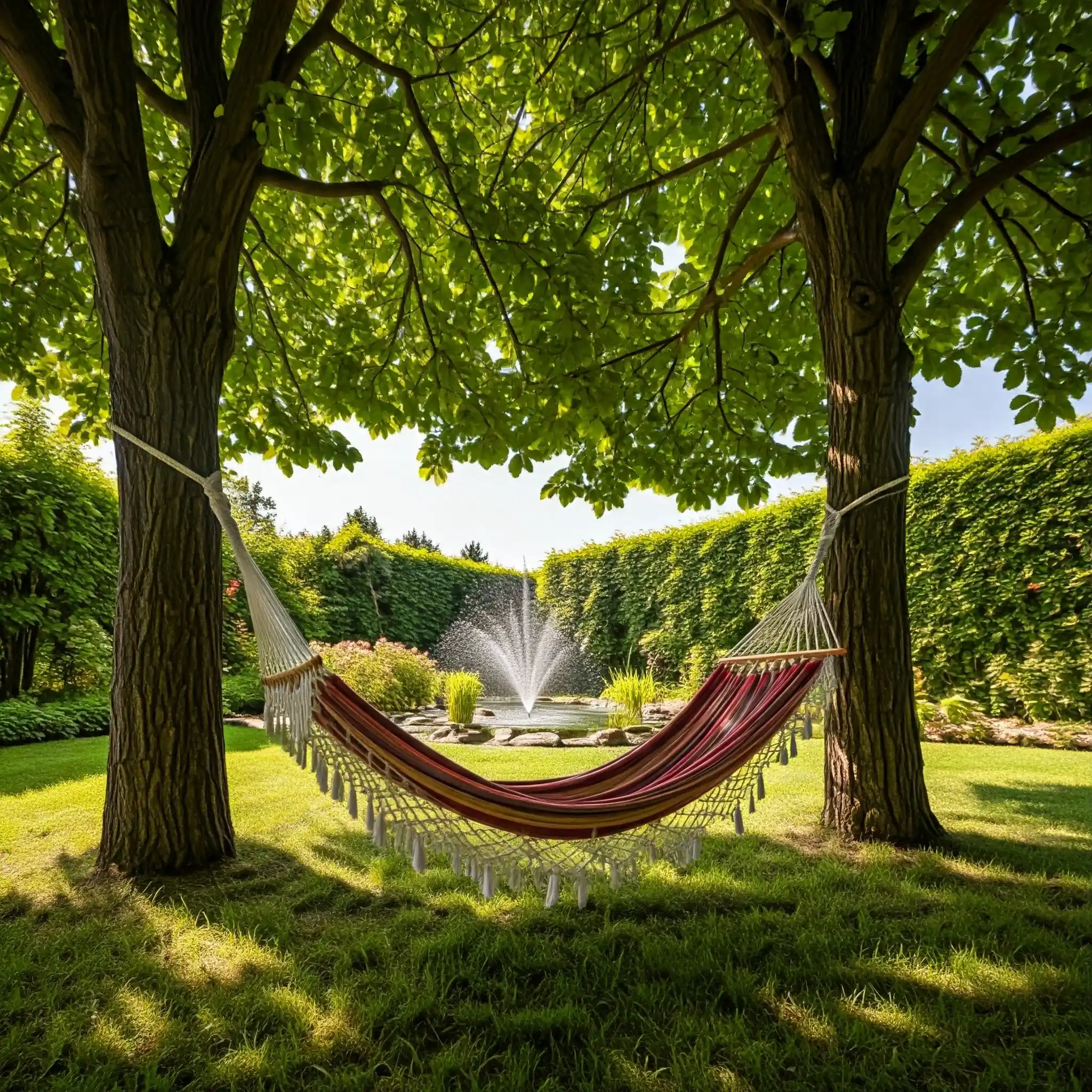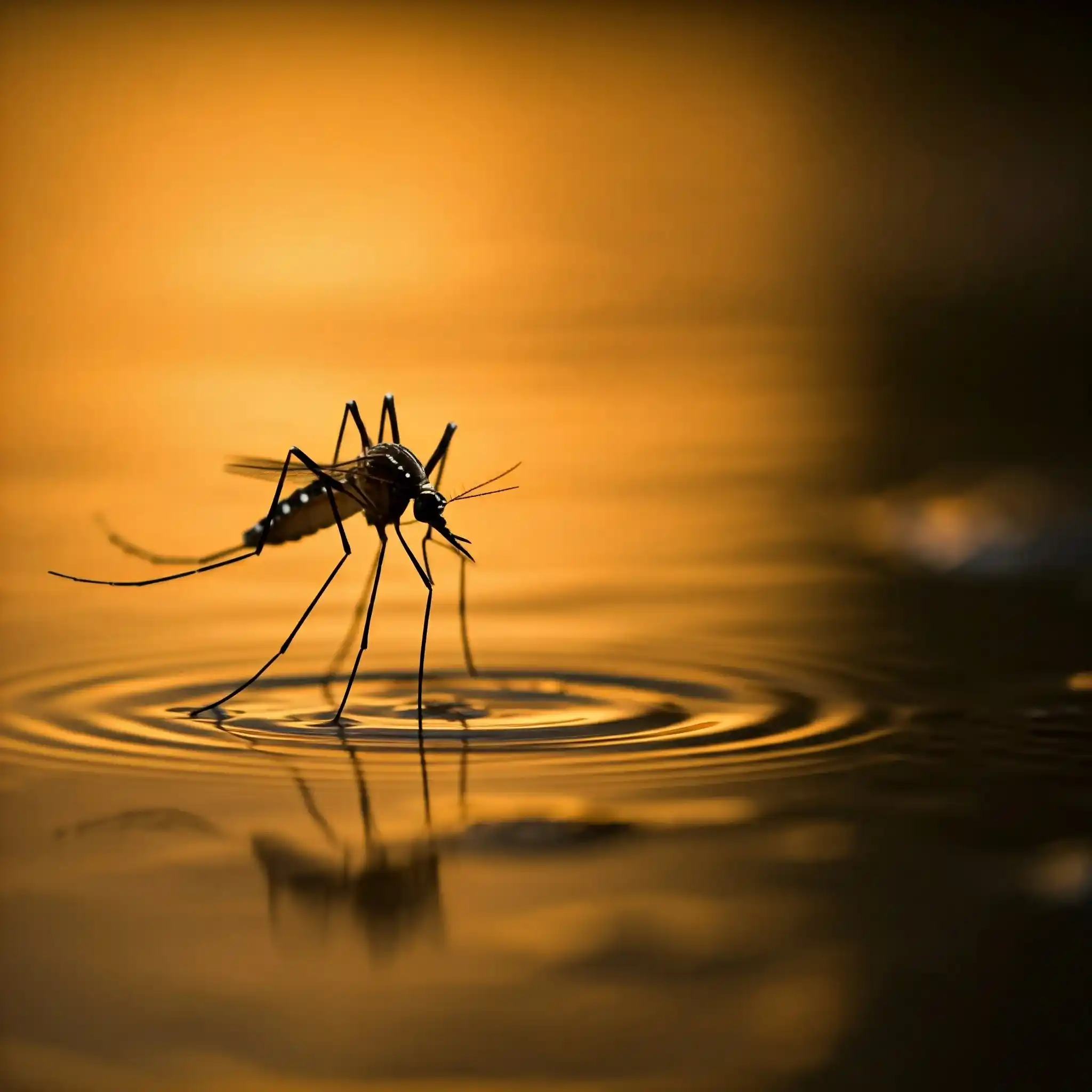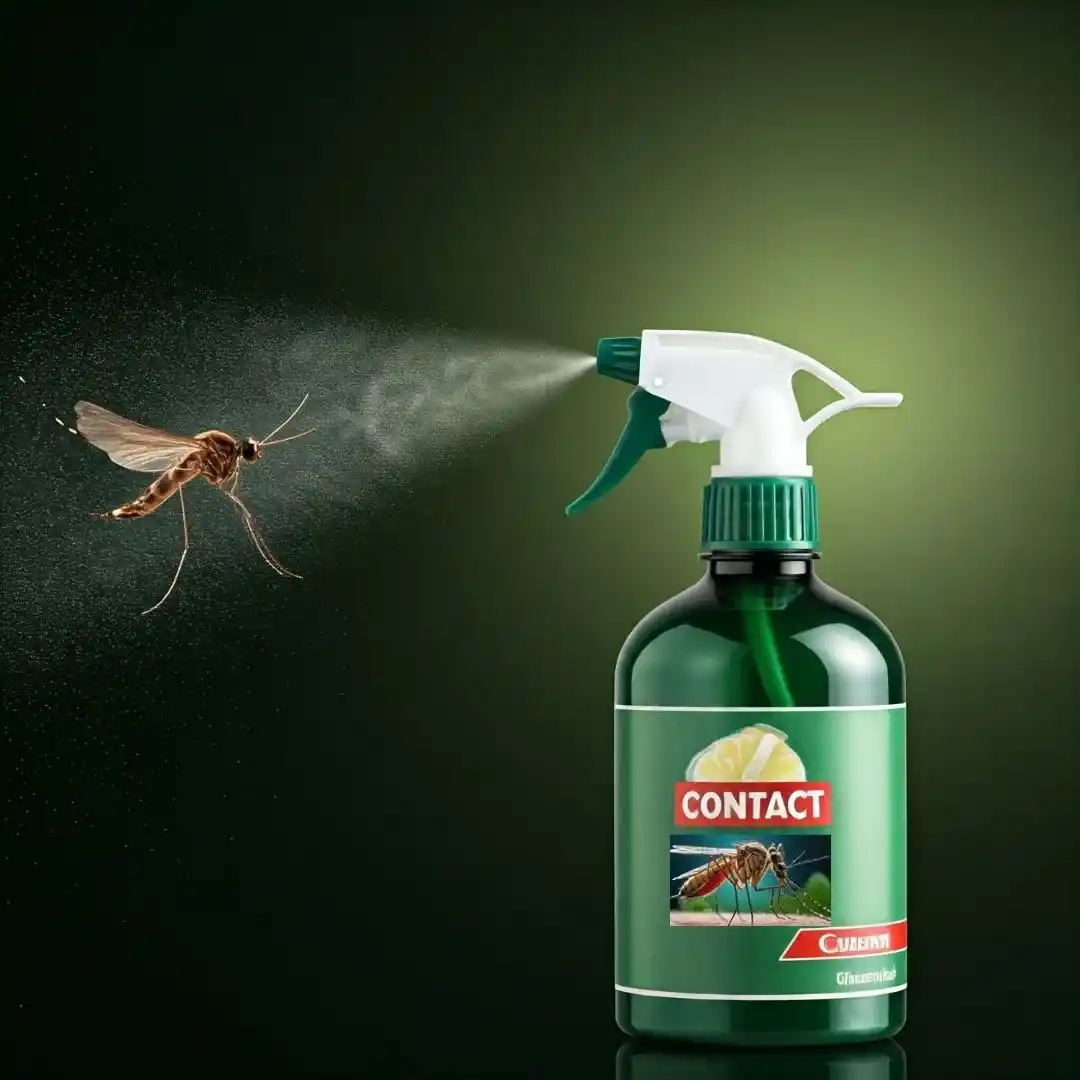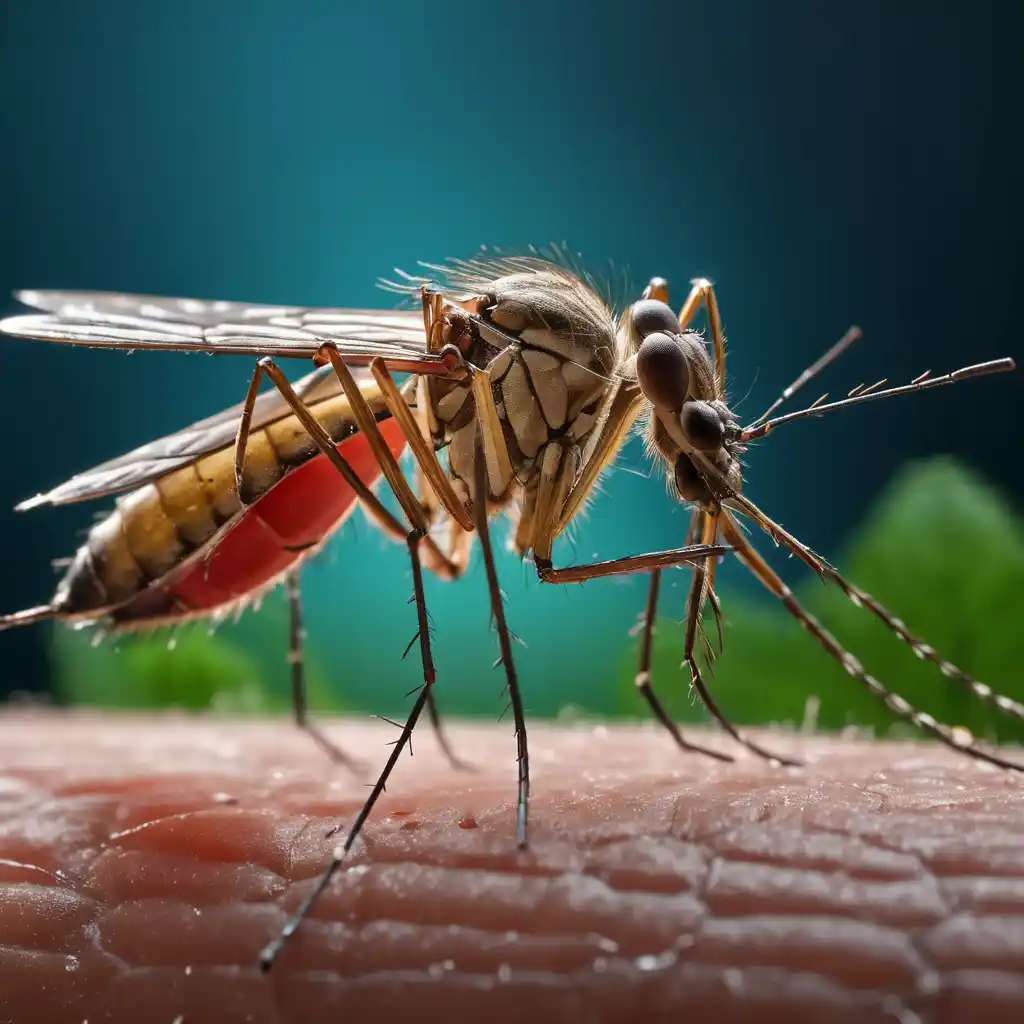Best mosquito control for yards is essential for anyone who enjoys spending time outdoors, whether relaxing on a sunny day or hosting a backyard barbecue. Effective mosquito control not only keeps these pests from being an annoying nuisance but also helps prevent the spread of dangerous diseases like West Nile virus, Zika, and malaria. In this comprehensive guide, we’ll walk you through the best mosquito control methods, focusing on how to eliminate breeding grounds, use insecticides and repellents, and protect yourself from bites.

Understanding Mosquito Control For yards: The Basics
When it comes to mosquito control, understanding their life cycle and behaviors is key,Mosquitoes need water to breed, and their life cycle is closely tied to moisture. By taking steps to eliminate standing water and applying targeted treatments, you can dramatically reduce the mosquito population in your yard.
Why is Mosquito Control for yards Important?
Mosquito control is about more than avoiding itchy bites. These tiny insects are carriers of serious diseases that pose health risks to you, your family, and even your pets. Diseases,like West Nile virus, malaria, and Zika are transmitted by mosquitoes, making them more than just a seasonal annoyance.
Mosquito control strategies aim to target mosquitoes at every stage of their life cycle—eggs, larvae, and adults. The more you understand their habits, the better equipped you’ll be to combat them in your yard.
Eliminate Standing Water to Prevent Mosquito Breeding
One of the most crucial steps in mosquito control is eliminating standing water where mosquitoes lay their eggs. Female mosquitoes prefer stagnant water for breeding, and even a small amount of water can serve as a mosquito magnet.
What Makes Standing Water a Mosquito Magnet?
Mosquitoes lay their eggs in still water, and within days, those eggs can turn into larvae. The larvae then develop into adult mosquitoes, ready to bite and reproduce again. A small puddle or a clogged gutter can become a breeding ground for hundreds of mosquitoes.
Common Areas Where Standing Water Accumulates
- Birdbaths
- Flowerpots
- Gutters
- Tires
- Tarps covering outdoor equipment
- Children’s toys
I once found that the small puddles in my children’s toy bucket became a mosquito breeding ground. After emptying it and covering it after every rainfall, the mosquito population in my yard dropped significantly.
How to Get Rid of Standing Water

To keep mosquitoes from using your yard as a breeding ground, it’s crucial to:
- Empty any containers, such as buckets or flowerpots, that collect water.
- Change the water in birdbaths regularly.
- Clear gutters to ensure proper drainage.
- Cover your pool when it’s not in use.
- Fix any areas in your yard where water tends to pool after rain.
By eliminating standing water, you take away the prime breeding spots for mosquitoes. Remember, no water means no mosquitoes.
Identifying Hidden Mosquito Breeding Sites
Some mosquito breeding sites are obvious, like a puddle or a birdbath. But mosquitoes are resourceful and can lay eggs in places you wouldn’t expect. Proper mosquito control involves finding and eliminating these hidden breeding spots.
Mosquitoes and Hidden Breeding Sites
Even a small amount of water can be enough for mosquitoes to lay eggs. A clogged gutter, an unused tire, or even water collected on a tarp can quickly become a mosquito nursery. In my own yard, I once found mosquito larvae in a toy boat that had been left outside after a rainstorm. By regularly inspecting your yard after rain, you can prevent these pests from reproducing.
Tips for Finding and Eliminating Mosquito Breeding Sites
- Walk around your yard after it rains to check for water accumulation.
- Look for less obvious sources, like garden equipment or children’s toys.
- Drill holes in containers that must remain outdoors to allow water to drain.
- Ensure your gutters are clear and working properly.
- Regularly check plant saucers and other areas that may collect water.
Effective Methods for Killing Mosquito Larvae
Once mosquitoes have laid eggs, the larvae will develop in standing water. Killing mosquito larvae is a highly effective method of mosquito control. Larvicides can be applied to water sources to kill larvae before they turn into adults.
Using Larvicides for Mosquito Control for yards
Larvicides are an essential part of any mosquito control strategy, especially if you have ponds, drainage ditches, or other water features in your yard. These chemicals specifically target mosquito larvae, preventing them from growing into biting adults.
Where to Use Larvicides
- Decorative ponds
- Rain barrels
- Drainage ditches
- Birdbaths
When I moved to a home with a small pond, I was worried about the mosquito population. After adding larvicides, the number of mosquitoes drastically reduced, allowing me to enjoy my yard without constant buzzing and biting. Many larvicides are safe for fish and other wildlife, so they won’t disrupt your ecosystem.
Adult Mosquito Control for yards: Insecticides and Foggers

Once mosquitoes reach adulthood, more aggressive mosquito control methods may be necessary. Insecticides and foggers can offer immediate relief, especially when dealing with heavy mosquito activity.
Mosquito Control for yards : Choosing the Right Insecticide
There are two main types of insecticides used for mosquito control:
- Contact insecticides: These eliminate mosquitoes on contact with the treated area.
- Residual insecticides: These offer prolonged protection by killing mosquitoes that land on treated surfaces over time.
Where to Apply Insecticides
For the best results, insecticides should be applied in areas where mosquitoes are likely to rest during the day. These areas include:
- Shrubs and bushes
- Tall grass
- The exterior walls of your home
Be attentive to the guidelines provided on the insecticide packaging to ensure safe and effective application. Overuse can harm beneficial insects, so it’s best to apply insecticides only where mosquitoes are most likely to gather.
Using Foggers for Quick Relief
If you’re looking for quick relief from mosquitoes before an outdoor event, foggers can be a lifesaver. These devices emit a fine mist of insecticide that effectively eliminates mosquitoes upon contact. They’re ideal for short-term use, such as before hosting a barbecue or spending a few hours outside.
Before family gatherings, I always use a fogger to clear the yard of mosquitoes. It’s a quick and effective way to ensure everyone enjoys the evening without being pestered by bites.
Long-Term Mosquito Control for yards: Misting Systems
For homeowners who experience frequent mosquito problems, a misting system can be an excellent investment. These systems automatically spray insecticides at set intervals, providing continuous mosquito control without manual intervention.
What Are Misting Systems?
Yard misting systems spray insecticide, targeting mosquito breeding grounds and offering programmable, consistent protection.
Where to Install a Misting System
- Along the perimeter of your yard
- Near shrubs and bushes
- Around outdoor seating areas
- Near patios and decks
One of my neighbors installed a misting system, and they swear by it. Their yard has been mosquito-free all summer long, making outdoor activities far more enjoyable.
Protect Yourself: Repellents and Personal Protection
Even with the best mosquito control methods in place, you should still protect yourself when spending time outdoors. Personal mosquito repellents offer an extra layer of protection and help prevent bites.
Choosing the Best Mosquito Repellent
The most effective mosquito repellents include active ingredients like DEET and Picaridin. These compounds are proven to deter mosquitoes and, more importantly, provide long-lasting protection. However, if you prefer a natural alternative, products containing citronella or eucalyptus oil can also be effective. On the other hand, they may need to be reapplied more frequently. In conclusion, both options can help keep mosquitoes at bay, so it’s just a matter of finding what works best for you.
Additional Protection Tips
- Wear long sleeves and pants when possible.
- Choose light-colored clothing, as mosquitoes are attracted to dark colors.
- Avoid being outside during peak mosquito hours, typically at dawn and dusk.
When I’m working in the garden during the evening, I always make sure to wear long sleeves and use a DEET-based repellent. Significantly reduced mosquito bites, even in high-mosquito areas.
Conclusion: A Multi-Strategy Approach to Mosquito Control for yards
Mosquito control isn’t about using just one method—it’s about combining several strategies to keep these pests at bay. Firstly, by eliminating standing water, additionally using larvicides, and treating adult mosquitoes with insecticides or foggers, you can significantly reduce the mosquito population in your yard. Moreover, for long-term protection, consider investing in a misting system, and always use personal repellents when spending time outdoors.
As a result, by following these steps, you’ll enjoy a mosquito-free yard all summer long, and your outdoor spaces will become a peaceful retreat once again. Ultimately, remember that proactive mosquito control is key to protecting your family from both itchy bites and the diseases these pests can spread.
FAQs About Mosquito Control for Yards
Q1: Why is mosquito control for yards important?
A1: Mosquito control for yards is crucial to prevent diseases like West Nile virus and malaria. Plus, it keeps your yard comfortable and bite-free.
Q2: How can I stop mosquitoes from breeding in my yard?
A1: Mosquito control for yards is crucial to prevent diseases like West Nile virus and malaria. Plus, it keeps your yard comfortable and bite-free.
Q3: What are easy ways to control mosquitoes in my yard?
A3: First, get rid of standing water. Then, use larvicides, insecticides, or foggers. For long-term protection, misting systems and repellents work well too.
Q4: Do natural mosquito repellents work?
A4: Yes, natural repellents like citronella help, but they may need frequent application. DEET and Picaridin offer longer protection.
Explore More Helpful Articles:
If you found this guide on mosquito control for yards useful, you might also enjoy these topics:
What Do Termites Look Like? Identification and Prevention
How to Get Rid of Flying Ants
Rubber Mulch vs. Wood Mulch
Cut Grass Like a Professional

